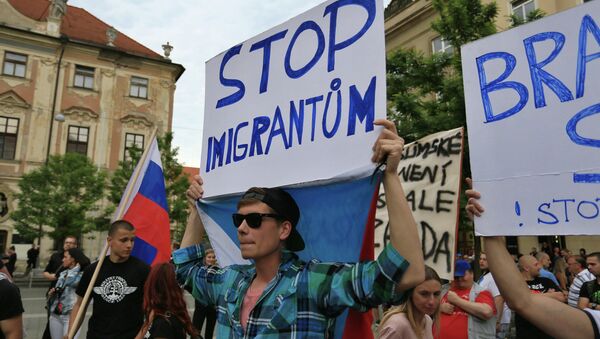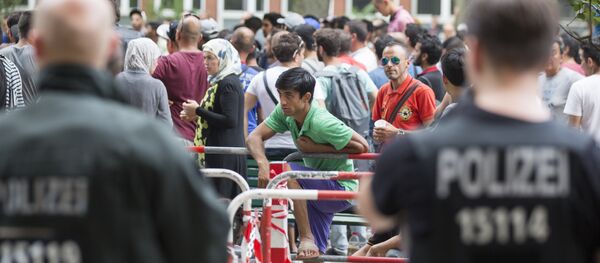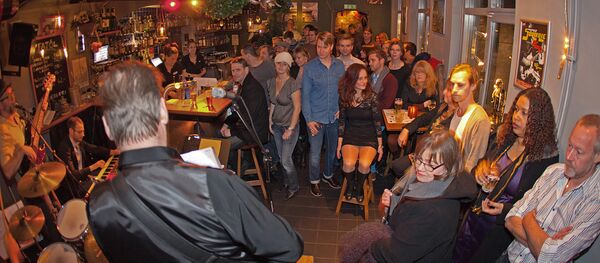The event that will kick off on September 30 will be held for the 14 time this year. It will be participated by Czech President Milos Zeman, Hungarian Prime Minister Viktor Orban and Slovakian leader Robert Fico – politicians who have been at odds with Brussels over its proposed mandatory quotas system on relocation of thousands of refugees across the bloc.
Earlier this month, the Czech Republic's Deputy Prime Minister Andrej Babis said Prague shouldn’t adhere to EU plan, saying “successful integration” of migrants in European society is impossible.
"I will not respect the quotas,” Babis wrote in the article for the Czech magazine Expres. “We must respond to the needs and concerns of our people, we must take care of the security of the citizens of the Czech Republic. Even at the cost of [EU] sanctions."
Robert Fico also opposed the quotas, saying that “uncontrolled migration” is the key reason for the terrorist attacks that have shaken Europe recently.
"It is clear that potential terrorists might have used uncontrolled migration not only for passage but also to bring weapons and explosives,” he said in the wake of the Nice attack, adding that the risks of new terror acts remain high.
Hungarian leaders have gone even further, scheduling for October 2 a referendum on the European Commission's mandatory quotas that obliges Budapest accommodating 2,300 refugees from the Middle East.
In July Viktor Orban made controversial remarks on migration, saying that “every single migrant poses a public security and terror risk."
European Parliamentarians from Germany, a major donor to EU budget, came up with an idea of exerting more pressure on the countries that voice their displeasure with the quotas plan by downsizing investments from the EU budget to those member states.
"Payments to the countries that do not adhere to the European law or states which do not cooperate by reception of refugees must be reduced," Inge Grässle, the head of the Budget Control Committee in the European Parliament told Die Welt.
Ernst suggested Germany, Belgium, France and the Scandinavian countries should become the parties in charge of resolving the crisis: "These countries should show more drive because they have better conditions for accepting refugees," she said referring to "generations of migrants who are living in these countries and who should help new refugees."
The EU quotas system was adopted in September 2015 and suggests relocation 160,000 asylum seekers from Africa and the Middle East across the bloc.






